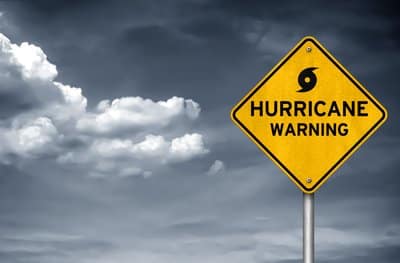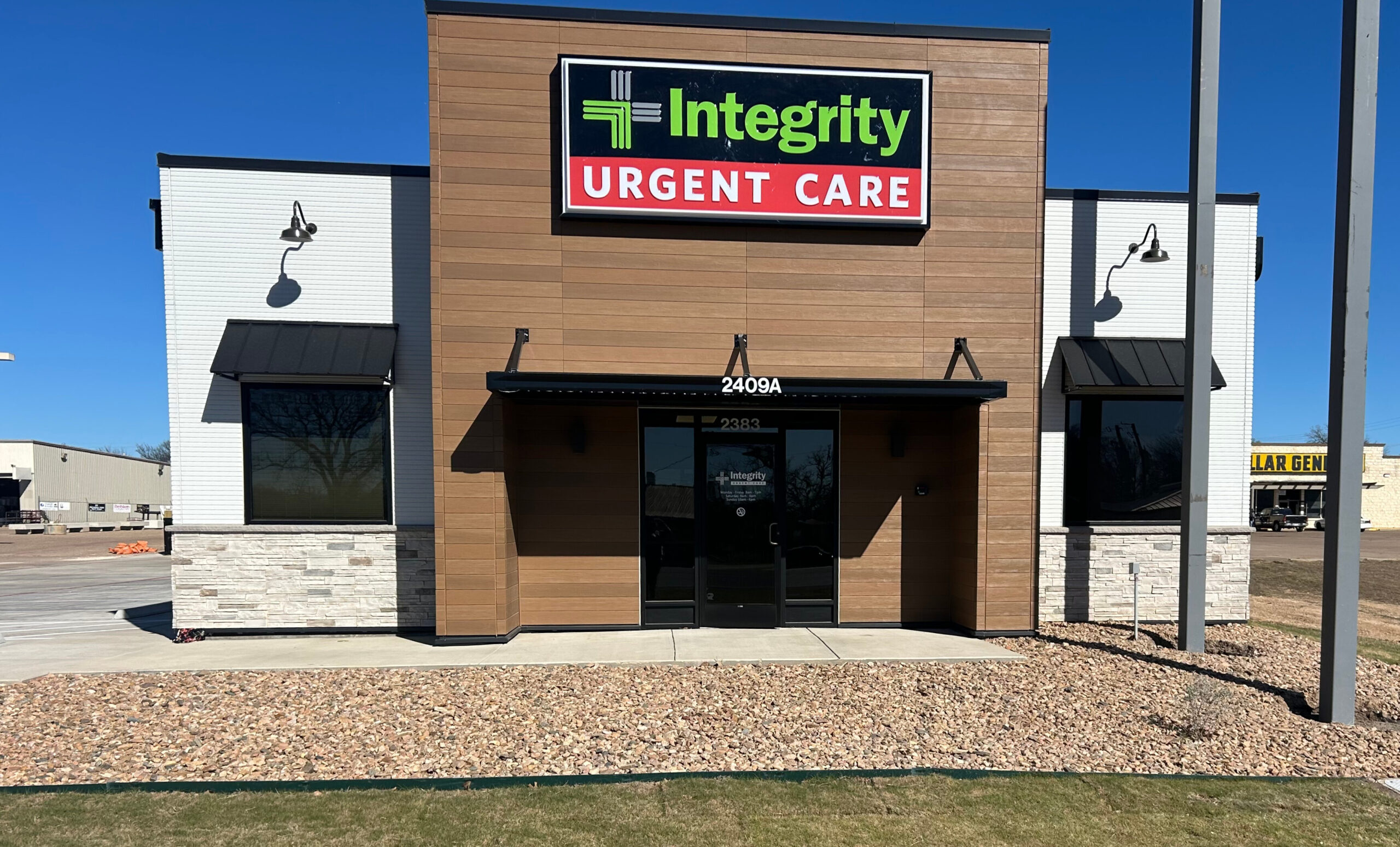Every year, Texans brace themselves for hurricane season June 1 – November 30. Even if you don’t live in the Gulf Coast Region, the impact of hurricanes can be far-reaching. If it seems like many of the recent hurricanes (including Katrina, Rita, Ike, and Harvey) to impact the Gulf Coast Region and Texas have occurred in September, that’s because the climatological peak of activity occurs around September 10 each year.
Each September, the US government promotes a public awareness campaign during National Preparedness Month (NPM) to remind us that disasters DO happen – and we must all prepare ourselves before they occur. This year’s theme is, “Disasters Happen. Prepare Now. Learn How.” This blog will focus on things you can do to keep you and your family healthy during and after a disaster.
Personal health:
- Set aside a supply of non-perishable foods for several days for each member of your family at the beginning of hurricane season. Choose items that will not require refrigeration and can be eaten even if there is no access to a stove or oven.
- Set aside plenty of water for each family member as well.
- Create a place for medicines, drugs, and medical devices to be kept safe and dry. Set aside enough for a while in case replacements are not readily available. Include a first-aid kit in your stash of supplies. If drugs need to be reconstituted, include an adequate supply of purified or bottled water. Include an extra pair of glasses if you’re a glasses or contacts wearer. It’s also a good idea to have a copy of prescriptions.
Food and Water Safety: One of the biggest health concerns may occur after a hurricane or another disaster has passed and power outages continue for hours, days, or even weeks. Access to clean water may become compromised and sewage systems may allow contamination to occur. In addition, storms that produce large amounts of rainfall may leave behind warm, shallow pools of water which are excellent places for mosquitoes to breed and potentially spread disease.
- Bottled water is the best choice. Local authorities will let residents know if water sources become unsafe for drinking and whether boiling or other purification methods are needed.
- Have coolers on hand to keep refrigerator food cold if the power goes out. Purchase or make ice cubes or blocks or freeze gel packs and store in the freezer.
- If the power goes out, keep the refrigerator and freezer doors closed as much as possible to maintain the cold temperature.
- The refrigerator will keep food safely cold for about 4 hours if it is unopened. A full freezer will hold the temperature for approximately 48 hours (24 hours if it is half full and the door remains closed).
- Food may be safely refrozen if it still contains ice crystals or is at 40 °F or below.
- When in doubt, throw it out! (For more about food safety during power outages, read more about food safety here.)
Pet Health and Safety: The best thing you can do to care for your pets is to plan so you are ready to care for them during and after a disaster.
- Put together a disaster kit for your pets, just as for the humans in your family. Include food (stored in airtight containers) and water for at least several days for each pet with bowls and can openers if needed. Include a litter box and litter for cats and plastic bags for poop for dogs. Don’t forget medications.
- Bring your pets indoors as soon as local authorities say a storm is coming.
- Make sure your pet(s) wear collars and tags with up-to-date contact information and other identification.
- Have leashes and pet carriers ready near exits.
- If you do need to evacuate, bring pets with you! You may want to do some research to find pet-friendly accommodations along an evacuation route.
Remember, the best way to stay safe and healthy during any disaster is to BE PREPARED. While it may seem like a lot of time and effort to spend on something that you may not need, it will pay off in the long run. And don’t forget! Integrity Urgent Care is here for you for those “disasters” that may occur beyond the realm of Mother Nature. We’re here 24/7 from 8 am – 8 pm.
Resources:
Centers for Disease Control and Prevention. Disaster preparedness for your pet [online]. Last update 6 Sept 2017 [cited 6 Sep 2018]. https://www.cdc.gov/



